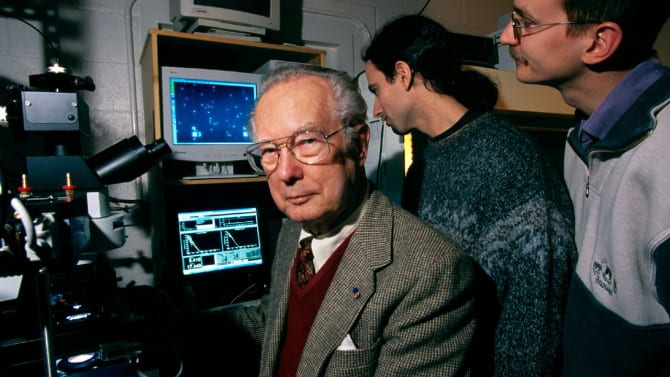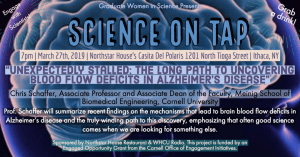The biological mechanisms behind hunger, appetite, and satiety are mysterious. What processes cause us to feel hunger and then tell us when to stop eating? Why are we attracted to particular foods more than others? What are the biological roots of eating disorders like binge eating and anorexia?
For Nilay Yapici, Neurobiology and Behavior, the answers lie in our brains. “I’ve always been fascinated by how our brains control our behaviors,” she says. “I want to understand how genes regulate our brain functions, which then control our behaviors, especially our daily life decisions like eating.”

